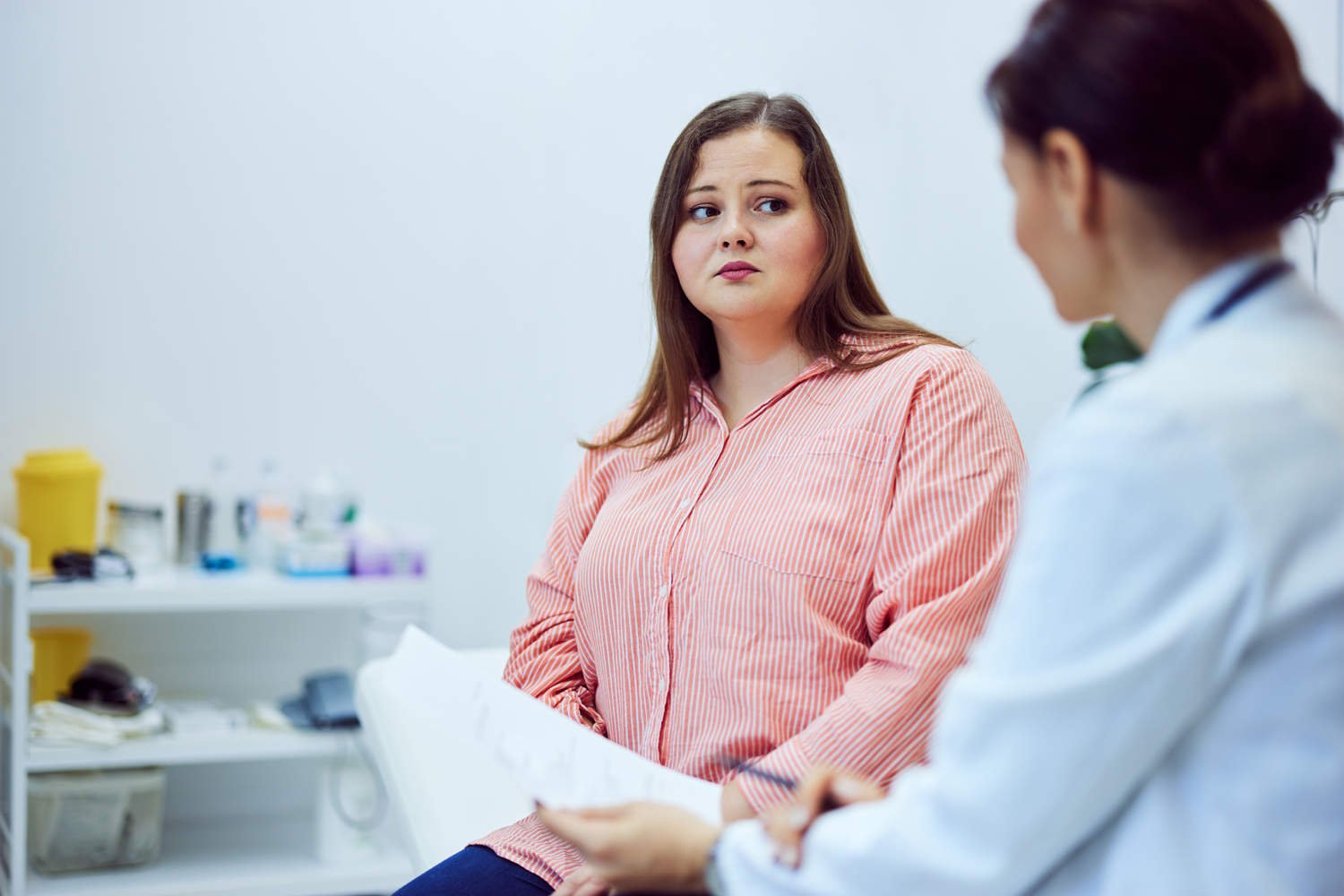Every week, the editors of Cancer Today magazine bring you the top news for cancer patients from around the internet. Stay up to date with the latest in cancer research and care by subscribing to our e-newsletter.
Facing Cancer and Preserving Fertility
Breast cancer is the most diagnosed cancer among women of child-bearing age. Around 9% of women newly diagnosed with breast cancer are under age 45. A cancer diagnosis can complicate a woman’s plans to have children because chemotherapy commonly used to treat the disease can damage the ovaries. In addition, many women receive hormone therapy for five or more years after treatment to stave off cancer recurrence, during which time they may not be able to get pregnant or are discouraged from doing so. To give themselves a chance to have children later on, many women facing cancer opt to have their eggs frozen before treatment starts. An article in the New York Times examines the myriad issues these women face, including stress brought on by having to make decisions about fertility at the same time they are processing a cancer diagnosis and upcoming treatment. They often have to delay cancer treatment to undergo fertility procedures and worry about whether their health insurance will cover the costs. Women with cancer living in Alabama who have undergone in vitro fertilization (IVF) to preserve their reproductive options are facing a new layer of anxiety after the Alabama Supreme Court recently ruled that embryos are considered children under the law. An article in the Washington Post looks at challenges facing these women and fears that other states could follow Alabama’s lead.
Head and Neck Cancer and Stroke Risk
Survivors of head and neck cancer face an increased risk of stroke, according to a study published Feb. 13 in JAMA Network Open. Researchers used health records to compare 9,803 head and neck cancer survivors in Singapore diagnosed between January 2005 and December 2020 with the general population of Singapore. “This cross-sectional study found that the incidence of stroke among survivors of [head and neck cancer] was approximately 2.5 times that of the general population in this cohort of individuals in Singapore,” radiation oncologist Pui Lam Yip of the National University Hospital in Singapore and colleagues wrote. Researchers found the cumulative incidence of stroke in the survivor population to be 3% at five years and 7% at 10 years after diagnosis, Healio reported. All cancer survivor subsets—determined by age, sex, race and ethnicity, treatment modalities and other variables—experienced higher stroke incidence than the general population. Researchers also reported there were more strokes among patients treated primarily by radiation compared with those treated primarily with surgery. Diagnosis at a young age was a notable risk factor. “Our data indicated that patients diagnosed at younger than 40 years had a striking 30.6-fold increased risk [for] developing stroke,” researchers wrote.
Many Americans Don’t Know Colorectal Cancer Risk Factors
A recent survey from Ohio State University Comprehensive Cancer Center in Columbus found that, despite a rising rate of colorectal cancer incidence among people age 50 and younger, many Americans don’t know the factors that can increase cancer risk, according to a report in The Hill. Slightly more than half (51%) of those surveyed did not know alcohol consumption contributed to colorectal cancer risk. The survey found that 42% didn’t know lack of exercise is a risk factor, 38% were unaware of obesity as a risk, and 37% didn’t know poor diet is a risk contributor. “It’s important for people to understand that many factors contribute to colorectal cancer risk, and it is never too late to make changes to help reduce risk where you have the power to do so,” Matthew Kalady, chief of colorectal surgery at Ohio State University Comprehensive Cancer Center, said in a press release. Kalady recommends a diet high in fiber, low in fat and red meat, and featuring plentiful servings of fruit and vegetables daily. To help address the rising rate of colorectal cancer cases among younger adults, the U.S. Preventive Services Task Force in 2021 lowered the age that adults with normal risk of colorectal cancer should begin getting screened from 50 to 45.
Cancer Today magazine is free to cancer patients, survivors and caregivers who live in the U.S. Subscribe here to receive four issues per year.





